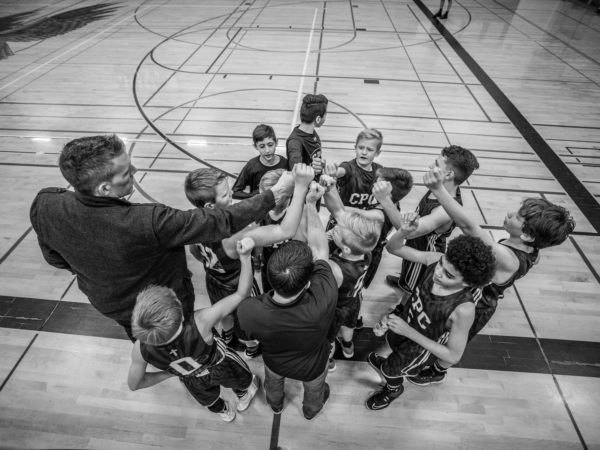In 2019, NJCASA embarked on a journey to engage athletic leaders, mental health professionals, and parents and caring adults in preventing sexual violence within their spheres of influence. Here is what we learned.
We know that sexual violence is a pervasive and serious problem. It’s estimated that 1 in 3 women and 1 in 4 men will experience some form of physical sexual violence in their lifetime. There are an estimated 1.8 million survivors in New Jersey alone.
We also know that sexual violence is fully preventable, but that not everyone knows how to make prevention a reality. Because of this, we hosted a series of virtual conversations to discuss how we can all promote prevention principles in our everyday lives and specifically in each sector of athletics, parenting, and mental health.
During our conversations with athletic leaders and coaches, we discussed how we can influence the young athletes in our lives through coaching and leadership. Studies have shown that youth athletes – whether in middle school, high school, or college – are often considered cool and popular. This means student athletes can have a vast influence.
Coaches and athletic leaders can encourage athletes to use their popularity to promote norms that benefit all members of their community. We want to support positive behaviors that create safer environments and reduce the potential of individuals harming another person, either now or later in life.
Bystander intervention. In our conversations, we discussed how strength, determination, resilience, and assertiveness are crucial characteristics that we promote on the field during games and practice. These traits are also translatable to off-the-field interactions. We can encourage athletes to use their strength and determination to change harmful social norms into norms that promote respect and create safer spaces. One participant shared how they promote bystander intervention behaviors with their athletes by encouraging them to step in when their teammates or school peers say or do something problematic.
Empathy. Research has shown that team sports can help promote empathic behaviors. During our conversations, we discussed this research and how coaches and athletic leaders can help build empathy levels by encouraging athletes to consider different perspectives and engage in critical thinking. These skills can help athletes determine the next moves of the opposing team and translate to off-field interactions by paying attention to others’ cues and body language.
Gender norms. We also discussed the problems with harmful language that may reinforce gender stereotypes. (To learn more about this, check out our fact sheet!) One participant shared the importance of challenging the norm “boys will be boys.” When we excuse harmful behavior with phrases like these, it decreases the accountability of the person committing the behavior. These values can ultimately contribute to men and boys being excused for harmful behavior while girls and women are held responsible for the actions committed by others. We can encourage accountability for actions with our athletes, regardless of gender.
These conversations are ongoing and can evolve as athletes grow. There are lots of ways we can promote positive behaviors across the lifespan –and it’s never too late to adopt them ourselves!
To learn more about how you can contribute to a safer New Jersey, visit the resources on our Engaging Communities, Preventing Violence webpage.
Sharing is caring! Review our sharing policy.






